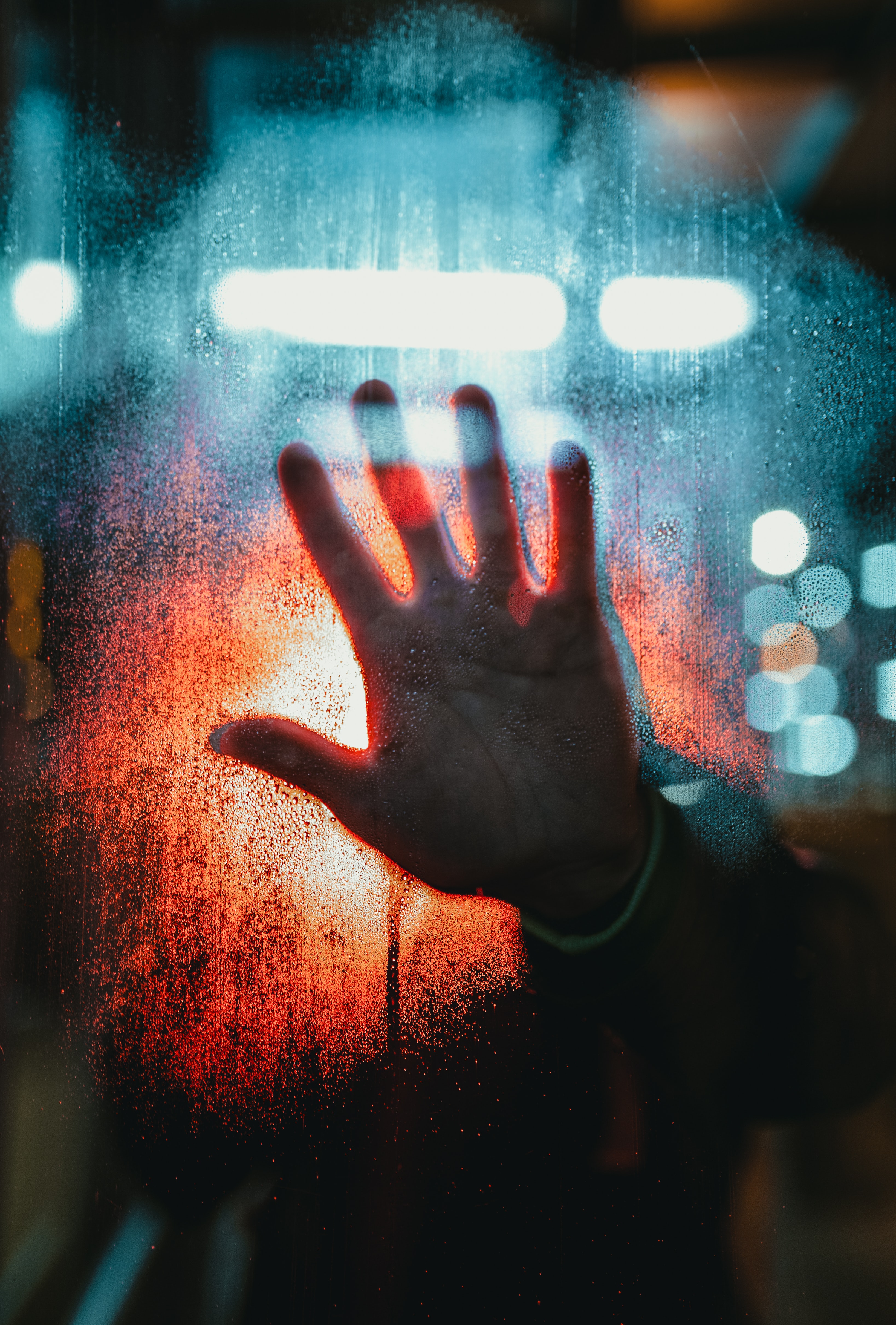Unless you’re Jim, a bicycle courier who awakens from a coma in Danny Boyle’s post-apocalyptic horror film, 28 Days Later, you’ve probably lived through the initial scenes of a highly contagious outbreak. Up until this point you’ve encountered an ensuing breakdown of society at the hands of a novel, covertly infectious disease: COVID-19.
While Jim has a lot of catching up to do, you’re already aware of the pervasive healthcare crisis: hospitals overrun with infected cases, varying mortality rates and strict government lockdowns. Widespread panic captivates public opinion as socioeconomic volatility spirals out of control.
Although this pandemic is by no means as grim as the apocalyptic context Jim finds himself in, you cannot help but notice abnormal herding scenes from afar: stupendous behaviour amasses the masses amid dystopian psychosis. Like Jim, you’ve been thrown into a world of chaos where worry and irrationality run rampant.
Will I become infected? Might my loved ones fall ill? When will my life go back to normal? What is my employment outlook? Should I really be rationing that triple ply supply for the weeks ahead? Questions leave you feeling anxious and agitated from the confinement of your cocooned milieu.
As pandemonium permeates society, existential musings of angst, solitude and borderline insanity confront your homely rhythm. GIFs and memes abound via instant messaging apps, providing daily psychosocial stimulants and subduing apocalyptic apprehension.
Unlike Jim, though, you know what this contagion is. You’ve had access to numerous sources of information, albeit largely subjective thanks to mainstream media. But the evidence you do have points to a multitude of scenarios, most of which — contrary to Boyle’s critically acclaimed doom and gloom screenplay — do not result in an enigmatic apocalypse.
If you’re like me, you find yourself sitting here, isolated. Drifting in and out of days — weeks on end. Detached from the panpsychism your mind once inhabited.
Reality could, of course, be worse from this cosy armchair perspective. Far worse. In fact, take a look at Italy’s morbid situation. Denial, unpreparedness and an ageing population have catapulted its citizens into social lockdown. Neighbouring European countries are following suit. Equally disturbing is the unfolding situation in developing nations, which could cripple healthcare systems in highly populated settlements where ‘social distance’ is considered taboo. Sub-Saharan Africa, for example, may be hardest hit: how will governments realistically enforce social restrictions within collectivist societies that have lived in close proximity for millennia?
There is, of course, the alternative more reassuring possibility that developing nations are better prepared than the developed world when it comes to fighting epidemics. Learnings from Liberia’s Ebola outbreak may help garner more awareness and urgency in public responsiveness: a challenging intervention that developed nations have struggled to enact so far. Combine this with South Korea, Taiwan and Singapore’s effective orchestrations and we may just find the ‘global solidarity’ that Yuval Noah Harari expounds upon.
This is merely an observation about some of the conscious issues we may be grappling with — 28 days, 28 weeks, 28 months later. Here’s hoping humanity remains mindful of rampant irrationality during peculiar, socially distant times.
Published via LinkedIn
Feature image by Josh Hild on Unsplash



